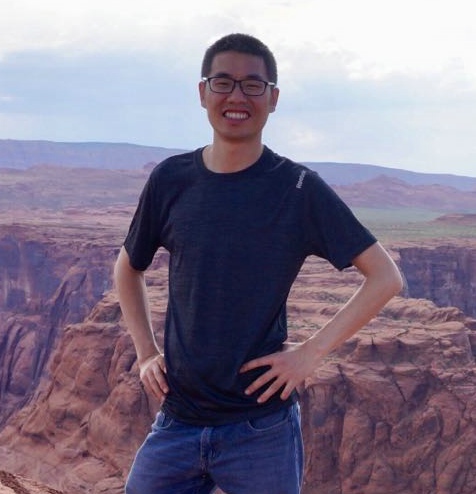-
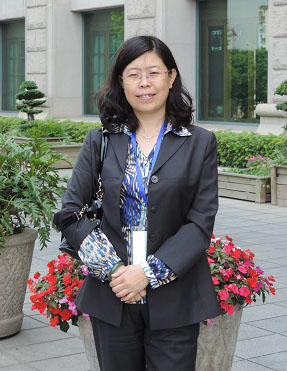 Yi Luo, Ph.DEmail: luoy@nankai.edu.cn
Yi Luo, Ph.DEmail: luoy@nankai.edu.cnProfessor, Department of Environmental Science, Ministry of Education Key Laboratory of Pollution Processes and Environmental Criteria
Dr. Luo is the chair of “Environmental pollution process and criteria” the key laboratory of the ministry of education. She received her PhD degree from Nanjing University in 2006 and joined Nankai University the same year. She obtained the foundation of “National Science Fund for Distinguished Young Scholars” in 2015 and she received the award of the thirteenth “Chinese young women scientist award” in 2016. She focused on the occurrence, fate and proliferation of antibiotics and antibiotic resistance genes in the environment. She found the high occurrence of antibiotics and ARGs in the Haihe River, China, and found that they were closely relate to the over usage of antibiotics in that region. She detected the New Delhi metallo -β- lactamase (NDM-1) gene and its host bacteria named the “superbug” in wastewater treatment plant (WWTPs). She also found several classes of ILs have the ability to enhance the proliferation and replication of ARGs among environmental bacteria. Dr. Luo has published more than 90 peer-reviewed papers on environmental dissemination of antimicrobial resistance. 13 peer-reviewed papers were published on Environmental Science & Technology (Letters), Water Research. Her research works have been cited by Nature, Science and other high quality journals over 3500 times. Seven of her publications have been selected in the field of ecological environment ESI highly cited papers.
-
Associate professor of College of Environmental Science and Engineering, Nankai University, China. He obtained his Doctor Degree from Nanjing Agricultural University in June, 2016. As a visiting student and postdoctor, he had been studying and working in Michigan State University, USA (October 2013 ~ November 2017) and Nanjing University, China (January 2018 ~ December 2018). He joined the group in spring 2019 and his main research interests focus on emerging contaminants especially antibiotics and antibiotic resistance genes in agroecosystem.
-
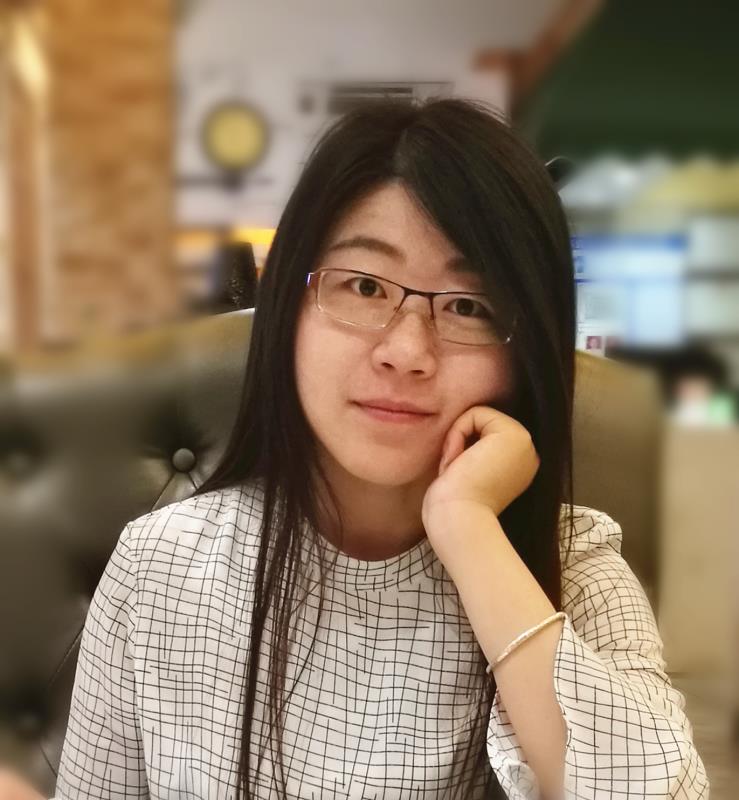 Yuxiao CuiEmail: cuiyx@nankai.edu.cnYuxiao Cui graduated from Nankai University in 2016. Now, she is an assistant engineer in College of Environmental Science and Engineering, Nankai University. She is in charge of application and maintenance of the laser scanning confocal microscope(LSCM). During her graduate study, her research was focused on exploring the change of bacteria, resistance gene and multidrug resistant pathogenic bacteria in the haze.
Yuxiao CuiEmail: cuiyx@nankai.edu.cnYuxiao Cui graduated from Nankai University in 2016. Now, she is an assistant engineer in College of Environmental Science and Engineering, Nankai University. She is in charge of application and maintenance of the laser scanning confocal microscope(LSCM). During her graduate study, her research was focused on exploring the change of bacteria, resistance gene and multidrug resistant pathogenic bacteria in the haze.
-
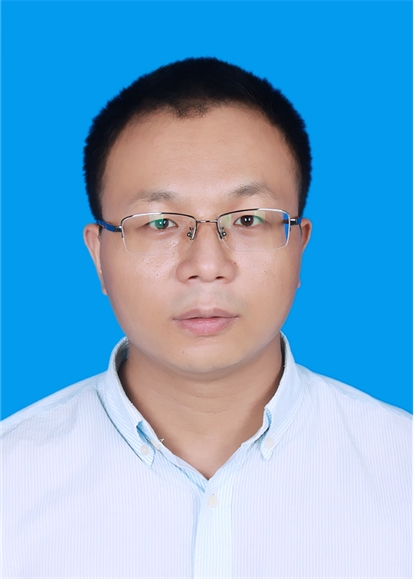 Yitao DuanEmail: duanyitao@126.comDr. Duan obtained his PhD in 2016 from Tianjin Institute of Industrial Biotechnology, Chinese Academy of Sciences under the supervision of Professor Qiaqing Wu. He participated in the research group of Professor Yi Luo for postdoctoral research in July, 2018. He focuses on the clonal diversity, virulence potential and antimicrobial resistance of extra-intestinal-pathogenic Escherichia coli (ExPEC) in Tianjin.
Yitao DuanEmail: duanyitao@126.comDr. Duan obtained his PhD in 2016 from Tianjin Institute of Industrial Biotechnology, Chinese Academy of Sciences under the supervision of Professor Qiaqing Wu. He participated in the research group of Professor Yi Luo for postdoctoral research in July, 2018. He focuses on the clonal diversity, virulence potential and antimicrobial resistance of extra-intestinal-pathogenic Escherichia coli (ExPEC) in Tianjin. -
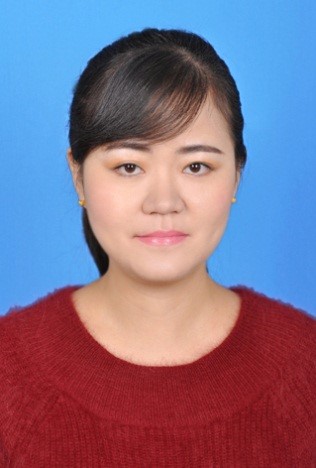 Jing YangEmail: yangjing529@126.comDr. Yang obtained her PhD in 2016 from Shaanxi Normal University under the supervision of Professor Fumin Lei. Now she is a lecturer in school of Environmental Science and Engineering at Shanxi University of Science & Technology.Dr. Yang participated in the research group of Professor Yi Luo for postdoctoral research in September, 2017. She focuses on the occurrence and temporal variation of antibiotic resistance genes (ARGs) and antibiotic resistance bacteria in the gut aquatic animals, understanding the transfer patterns of ARGs along the food chain, as well as the evolution of a
Jing YangEmail: yangjing529@126.comDr. Yang obtained her PhD in 2016 from Shaanxi Normal University under the supervision of Professor Fumin Lei. Now she is a lecturer in school of Environmental Science and Engineering at Shanxi University of Science & Technology.Dr. Yang participated in the research group of Professor Yi Luo for postdoctoral research in September, 2017. She focuses on the occurrence and temporal variation of antibiotic resistance genes (ARGs) and antibiotic resistance bacteria in the gut aquatic animals, understanding the transfer patterns of ARGs along the food chain, as well as the evolution of a
-
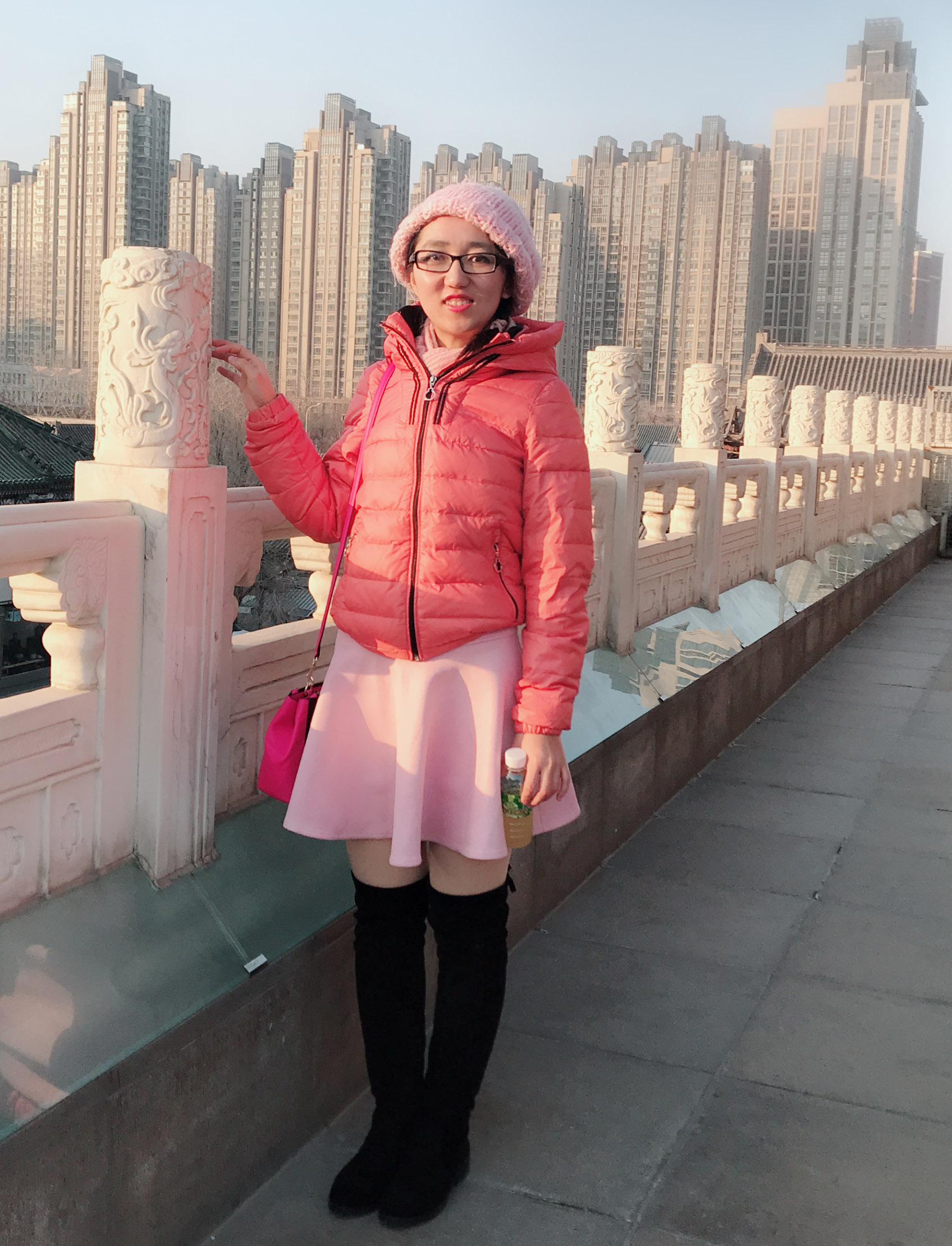 Lei LiuHer major is ecology in Nankai University. She focused on the effects of antibiotics on intestinal flora. Disturbances in human intestinal microbiota and consequent metabolic alterations caused by antibiotics could lead to the metabolic and infectious diseases. Therefore, She constructed the Simulator of the Human Intestinal Microbial Ecosystem (SHIME) to study this project.
Lei LiuHer major is ecology in Nankai University. She focused on the effects of antibiotics on intestinal flora. Disturbances in human intestinal microbiota and consequent metabolic alterations caused by antibiotics could lead to the metabolic and infectious diseases. Therefore, She constructed the Simulator of the Human Intestinal Microbial Ecosystem (SHIME) to study this project. -
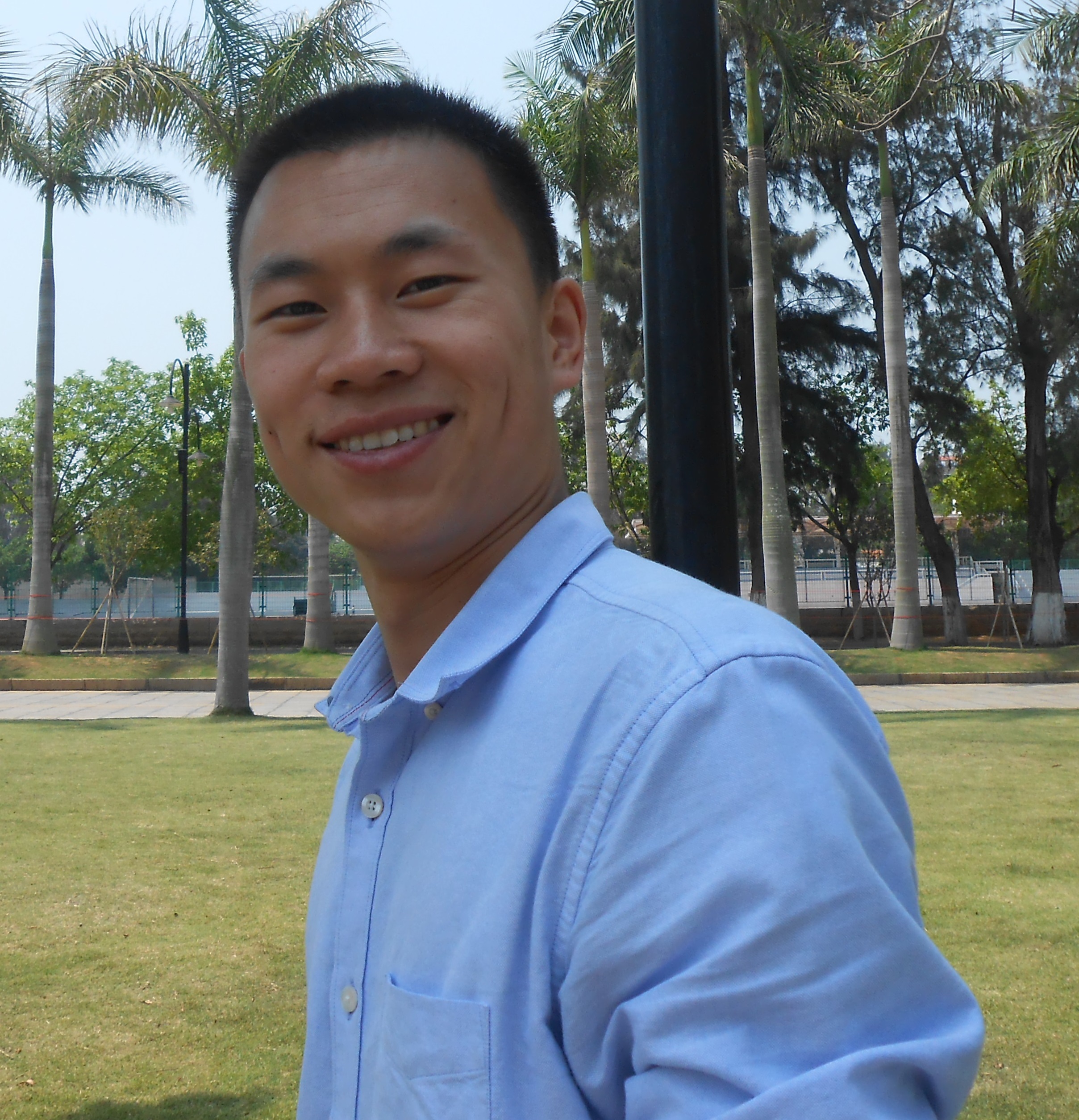 Xiaolong WangEmail: loong91@126.comConjugative transfer, as the main mode of horizontal gene transfer, plays the important role in facilitating the dissemination of ARGs. He is interested in exploring the contribution to propagation of ARGs by conjugative plasmid.
Xiaolong WangEmail: loong91@126.comConjugative transfer, as the main mode of horizontal gene transfer, plays the important role in facilitating the dissemination of ARGs. He is interested in exploring the contribution to propagation of ARGs by conjugative plasmid. -
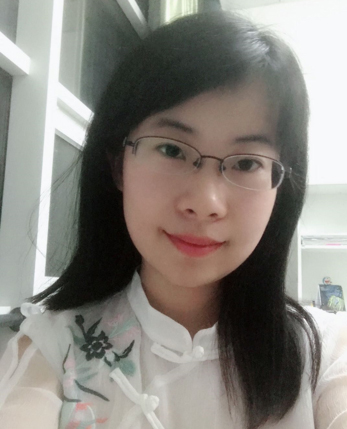 Yujing DuanEmail: cathydyj@126.comHer research topic focuses on the ARGs (antibiotic resistance genes) from human gut microbiota. Her current research interests includes exploration of the diversity & richness differences of ARGs from people within different antibiotics intake.
Yujing DuanEmail: cathydyj@126.comHer research topic focuses on the ARGs (antibiotic resistance genes) from human gut microbiota. Her current research interests includes exploration of the diversity & richness differences of ARGs from people within different antibiotics intake. -
 Huai LinEmail: 447446985@qq.comHe got his bachelor degree in Shenyang university in July 2013,and mater degree in March 2016. He was appointed to NK university in September 2016.His major interest in environment antibiotic effect on gut microbiota especially its relation between gut pathogens resistome and immune changes using mouse as animal model. And he now has the expertise in key research areas such as PCR and qPCR etc. Furthermore,he has coordinating our research with sequencing and bioinformation analysis.
Huai LinEmail: 447446985@qq.comHe got his bachelor degree in Shenyang university in July 2013,and mater degree in March 2016. He was appointed to NK university in September 2016.His major interest in environment antibiotic effect on gut microbiota especially its relation between gut pathogens resistome and immune changes using mouse as animal model. And he now has the expertise in key research areas such as PCR and qPCR etc. Furthermore,he has coordinating our research with sequencing and bioinformation analysis. -
 Yanhui ZhaoEmail: yukizhaoyh@126.comZhao received her M.S. from Ocean University of China and then joined Prof. Luo’s research group in 2016. Her PhD research interests include: 1. detection, distribution and diversity of antibiotics resistance pathogens and genes in various indoor and outdoor environments; 2. biofilm and antibiotics resistance formation mechanism of airborne pathogens; 3. in vivo pathogenicity analysis of the isolated airborne pathogens. Significantly, her research may provide scientific assessment for effects of indoor air quality on human health.
Yanhui ZhaoEmail: yukizhaoyh@126.comZhao received her M.S. from Ocean University of China and then joined Prof. Luo’s research group in 2016. Her PhD research interests include: 1. detection, distribution and diversity of antibiotics resistance pathogens and genes in various indoor and outdoor environments; 2. biofilm and antibiotics resistance formation mechanism of airborne pathogens; 3. in vivo pathogenicity analysis of the isolated airborne pathogens. Significantly, her research may provide scientific assessment for effects of indoor air quality on human health. -
 Han XuEmail: xuhankd@126.comHer major is ecology in Nankai University. Her study focused on the mechanisms of ARGs spread and drive factors in soil-plant continuum. It is helpful to assess and improve food safety.
Han XuEmail: xuhankd@126.comHer major is ecology in Nankai University. Her study focused on the mechanisms of ARGs spread and drive factors in soil-plant continuum. It is helpful to assess and improve food safety. -
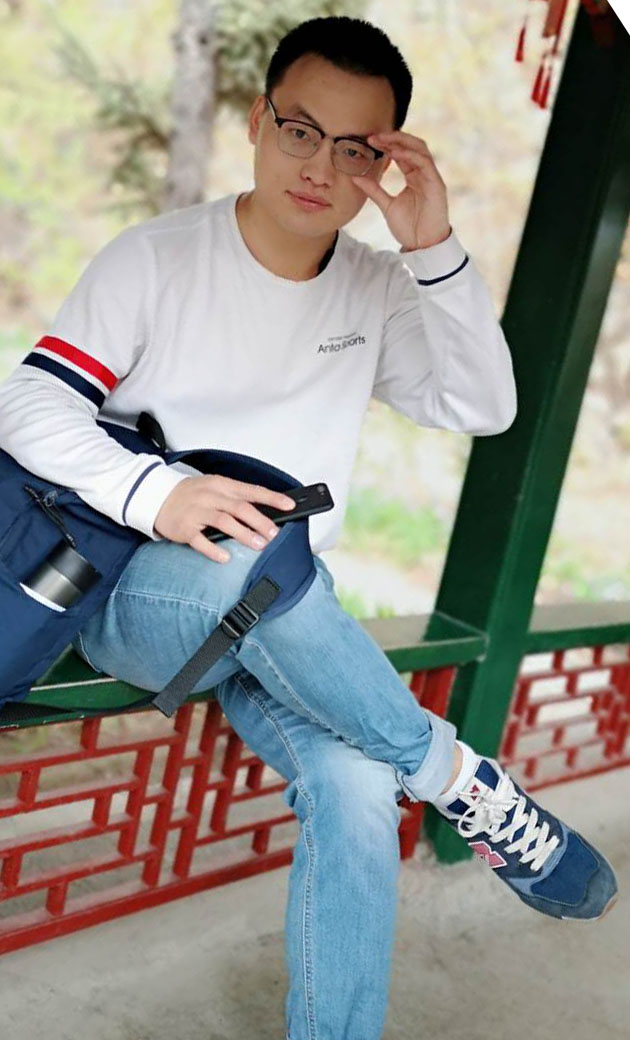 Peng ZhangEmail: tjcu408@Gmail.comHe got his bachelor and master degree in Hainan university in July 2014 and 2017 successively. And he was admitted to NK University as a Ph.D student in September 2017. Now, he is interested in exploring the interaction of plasmids originated from environment and host in the process of evolution.
Peng ZhangEmail: tjcu408@Gmail.comHe got his bachelor and master degree in Hainan university in July 2014 and 2017 successively. And he was admitted to NK University as a Ph.D student in September 2017. Now, he is interested in exploring the interaction of plasmids originated from environment and host in the process of evolution. -
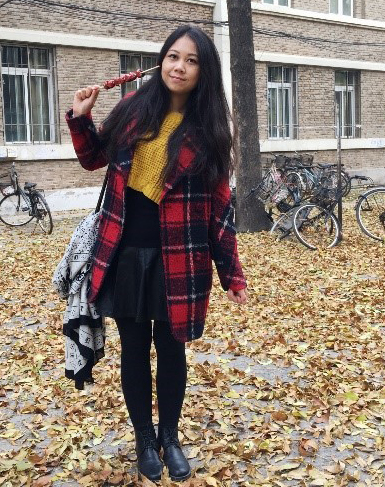 Lu TanEmail: tanlu_004@126.comLu Tan is one of the PhD students in prof. Luo’ group. She joined this group in 2014 and got her master’s degree from Tianjin University in January 2017. Her research interest includes ⅰ) the connection between ARGs and anthropogenic activities; and ⅱ) diseases that is relevant to gut microbiome and antibiotic resistome.
Lu TanEmail: tanlu_004@126.comLu Tan is one of the PhD students in prof. Luo’ group. She joined this group in 2014 and got her master’s degree from Tianjin University in January 2017. Her research interest includes ⅰ) the connection between ARGs and anthropogenic activities; and ⅱ) diseases that is relevant to gut microbiome and antibiotic resistome. -
 Linyun LiEmail: lilinyun@tju.edu.cnShe is one of the PhD students in prof. Luo’ group. She joined this group in 2015 and got her master’s degree from Tianjin University in January 2018. Her research interest includes ⅰ) the dissemination and propagation of antibiotics resistance pathogens and genes in air environment; and ⅱ) the human uptake via the inhalation of PMs and the potential human risk.
Linyun LiEmail: lilinyun@tju.edu.cnShe is one of the PhD students in prof. Luo’ group. She joined this group in 2015 and got her master’s degree from Tianjin University in January 2018. Her research interest includes ⅰ) the dissemination and propagation of antibiotics resistance pathogens and genes in air environment; and ⅱ) the human uptake via the inhalation of PMs and the potential human risk. -
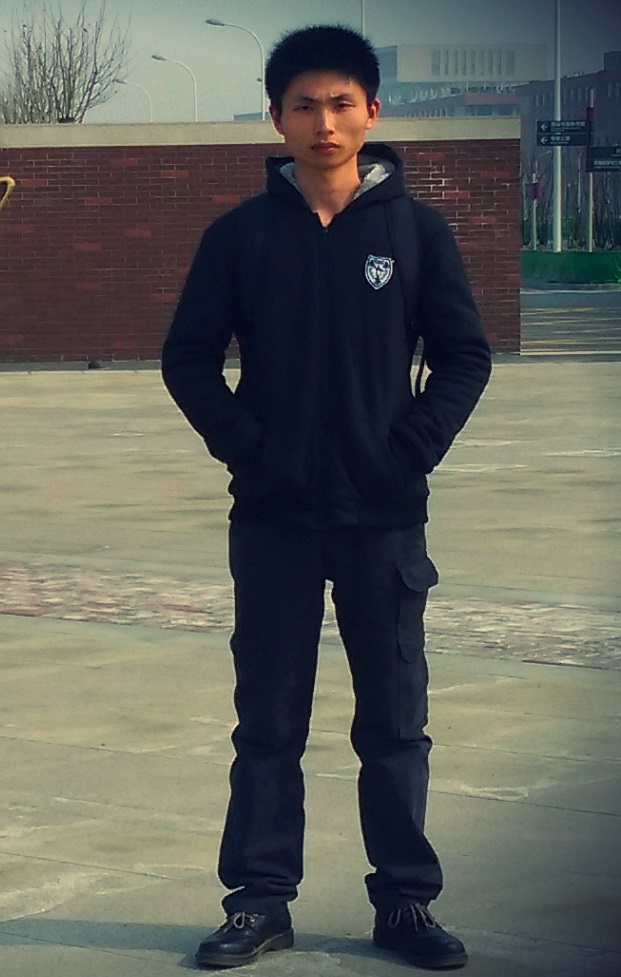 Xiang LongEmail: longxyj@126.comHis major is Ecology in Nankai University. The orientation of his scientific research is to study the impact of prophages on host bacteria physiology, which including fitness,motility,biofilm formation,virulence,and antibiotics resistance,etc.
Xiang LongEmail: longxyj@126.comHis major is Ecology in Nankai University. The orientation of his scientific research is to study the impact of prophages on host bacteria physiology, which including fitness,motility,biofilm formation,virulence,and antibiotics resistance,etc. -
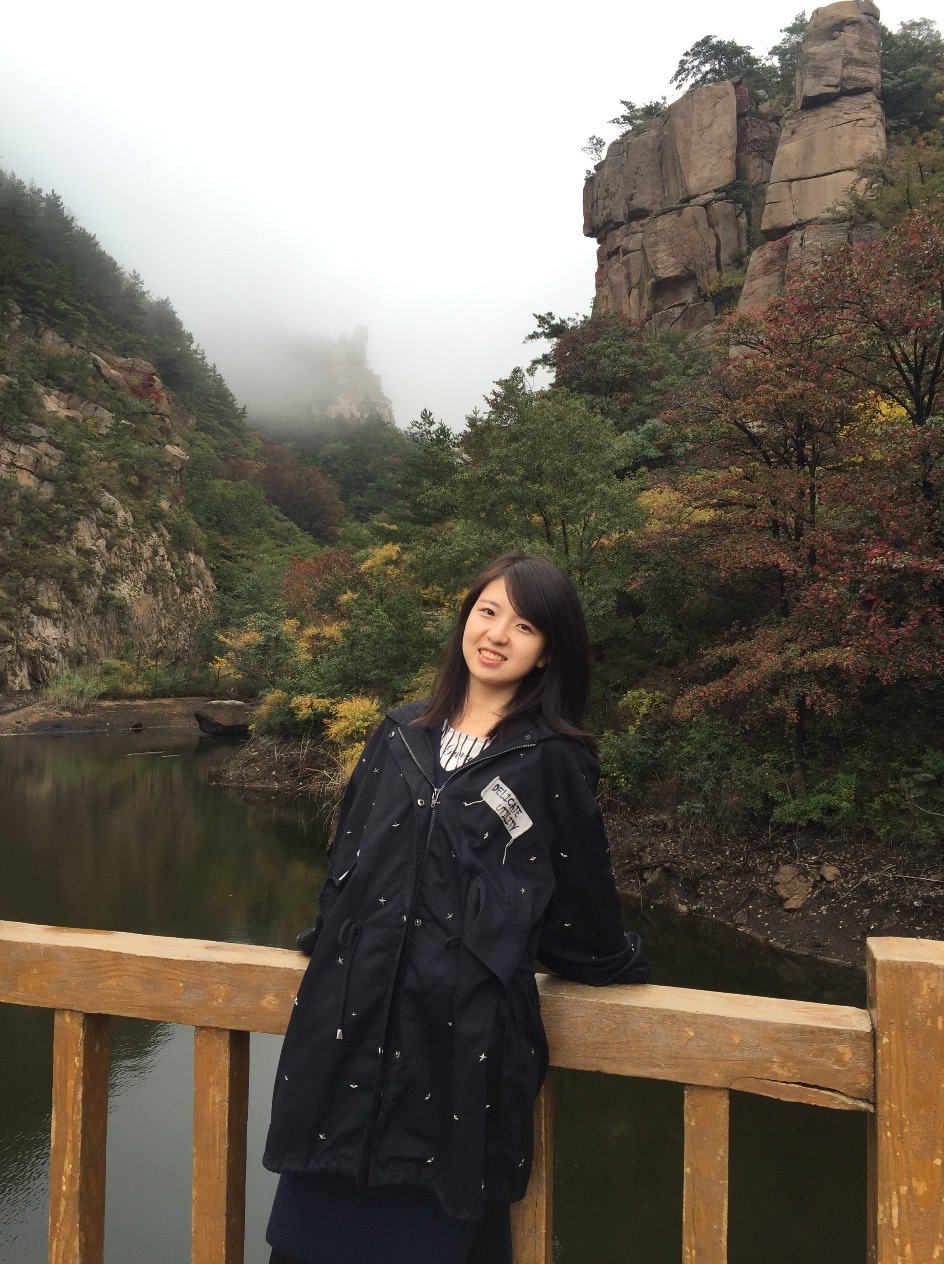 Jie HouEmail: Jie_Hou@yeah.netJie Hou is one of the PhD students in prof. Luo’ group. She got her master’s degree from Naikai University. Her study focused on the combination of activated sludge process and advanced oxidation technologies in lab-scale to remove antibiotics, total bacterial load and an
Jie HouEmail: Jie_Hou@yeah.netJie Hou is one of the PhD students in prof. Luo’ group. She got her master’s degree from Naikai University. Her study focused on the combination of activated sludge process and advanced oxidation technologies in lab-scale to remove antibiotics, total bacterial load and an
-
 Hongmei QiEmail: 898975347@qq.comHer major is Environmental Science in Naikai University and her research topic is the effects of vancomycin on hunman intestinal tract in vitro simulation.
Hongmei QiEmail: 898975347@qq.comHer major is Environmental Science in Naikai University and her research topic is the effects of vancomycin on hunman intestinal tract in vitro simulation. -
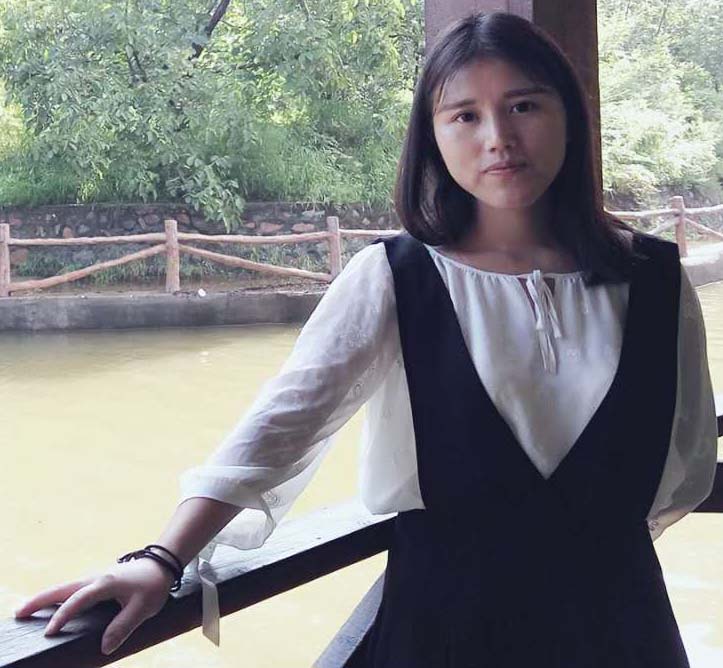 Minmin LiangEmail: 1511352906@qq.comHer main topic is the translocation and transformation of antibiotic resistant genes in drinking water. Drinking water is related to everyone’s life and health a lot, so it is important to study this part.
Minmin LiangEmail: 1511352906@qq.comHer main topic is the translocation and transformation of antibiotic resistant genes in drinking water. Drinking water is related to everyone’s life and health a lot, so it is important to study this part. -
 Meng YuanEmail: 15733201213@136.comShe work on the research of the screening of bacteriophages of specific drug-resistant bacteria and the application of bacteriophages in the treatment of resistant bacteria.
Meng YuanEmail: 15733201213@136.comShe work on the research of the screening of bacteriophages of specific drug-resistant bacteria and the application of bacteriophages in the treatment of resistant bacteria. -
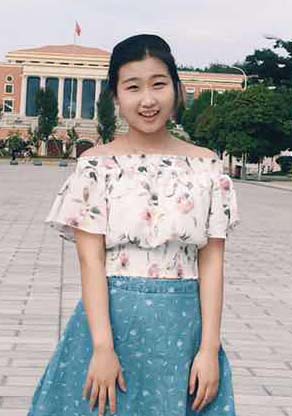 Wenjing BiHer major is Environmental Science in Nankai University. The orientation of her scientific research is to study the effect of antibiotics on biofilm formation of some pathogenic bacteria
Wenjing BiHer major is Environmental Science in Nankai University. The orientation of her scientific research is to study the effect of antibiotics on biofilm formation of some pathogenic bacteria -
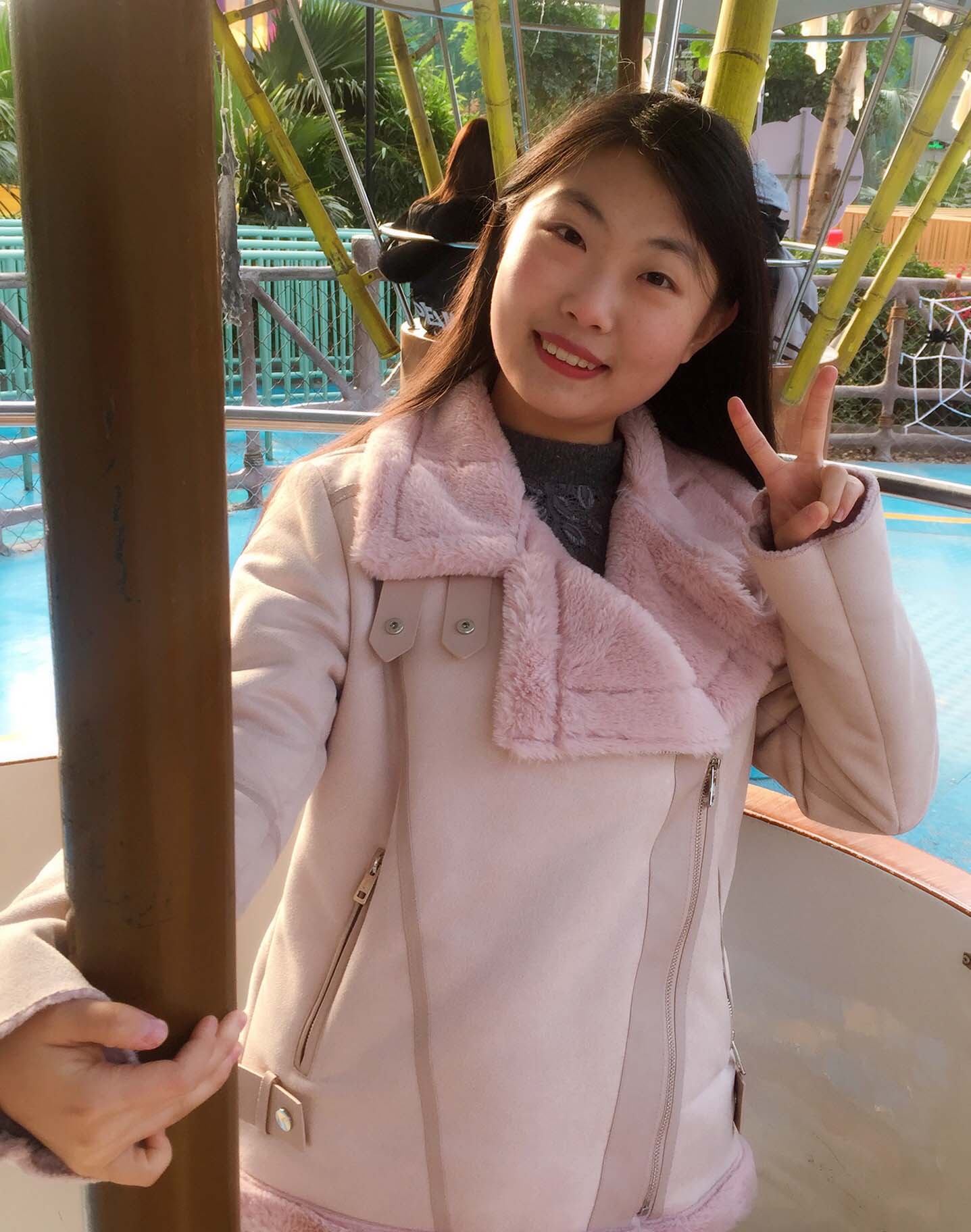 Yanyu GaoHer major is Environmental Science in Nankai University. The orientation of her scientific research is to study the effects of antibiotics on human gut microbiota and metabolic alterations caused by antibiotics through SHIME system built by ourselves.
Yanyu GaoHer major is Environmental Science in Nankai University. The orientation of her scientific research is to study the effects of antibiotics on human gut microbiota and metabolic alterations caused by antibiotics through SHIME system built by ourselves. -
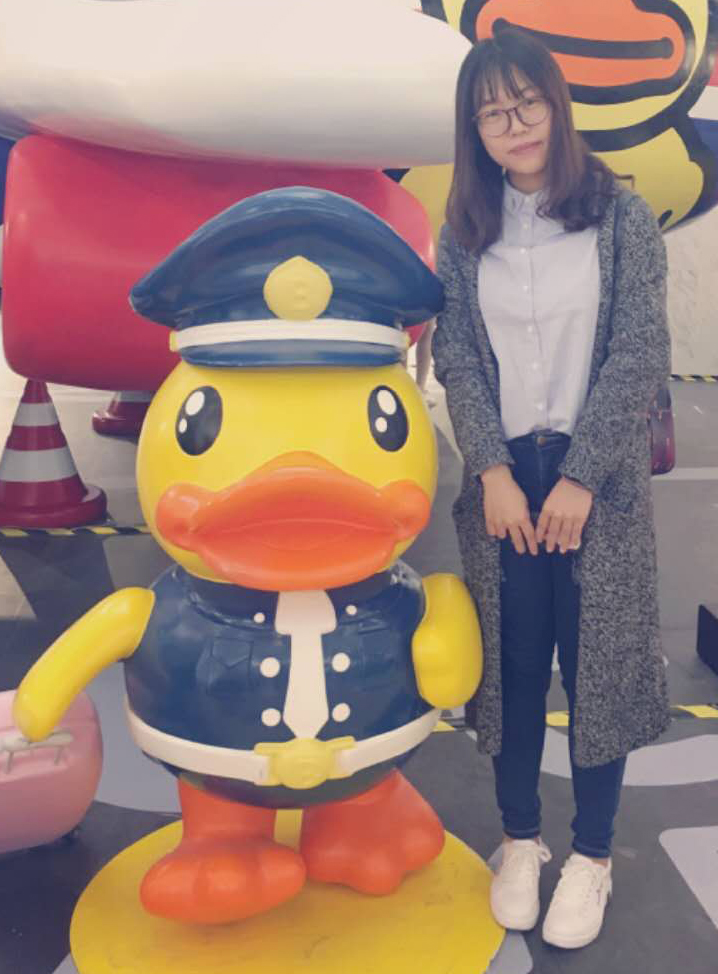 Xinyan WuHer major is Environmental Science in Nankai University. The orientation of her scientific research is to study the conjugation of antibiotics resistance genes during the treatment of wastewater.
Xinyan WuHer major is Environmental Science in Nankai University. The orientation of her scientific research is to study the conjugation of antibiotics resistance genes during the treatment of wastewater. -
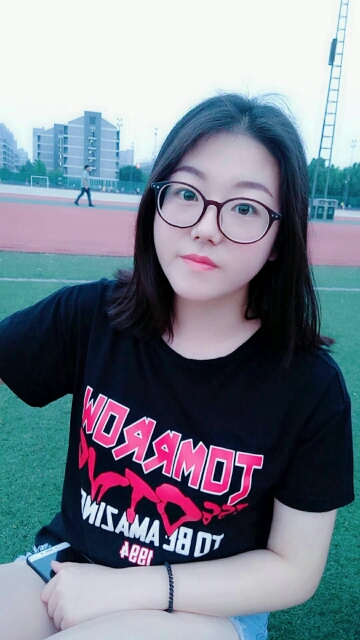 Liyang ZhengHer major is Physiology in Nankai University and her scientific research topic is the study on the mechanism of ionic liquid promoting the proliferation and the spread of drug resistance genes.
Liyang ZhengHer major is Physiology in Nankai University and her scientific research topic is the study on the mechanism of ionic liquid promoting the proliferation and the spread of drug resistance genes. -
 Huihui GaoEmail: 15225375806@163.comHer major is Physiology in Nankai University and her scientific research topic is the study on the mechanism of ionic liquid promoting the proliferation and the spread of drug resistance genes.
Huihui GaoEmail: 15225375806@163.comHer major is Physiology in Nankai University and her scientific research topic is the study on the mechanism of ionic liquid promoting the proliferation and the spread of drug resistance genes. -
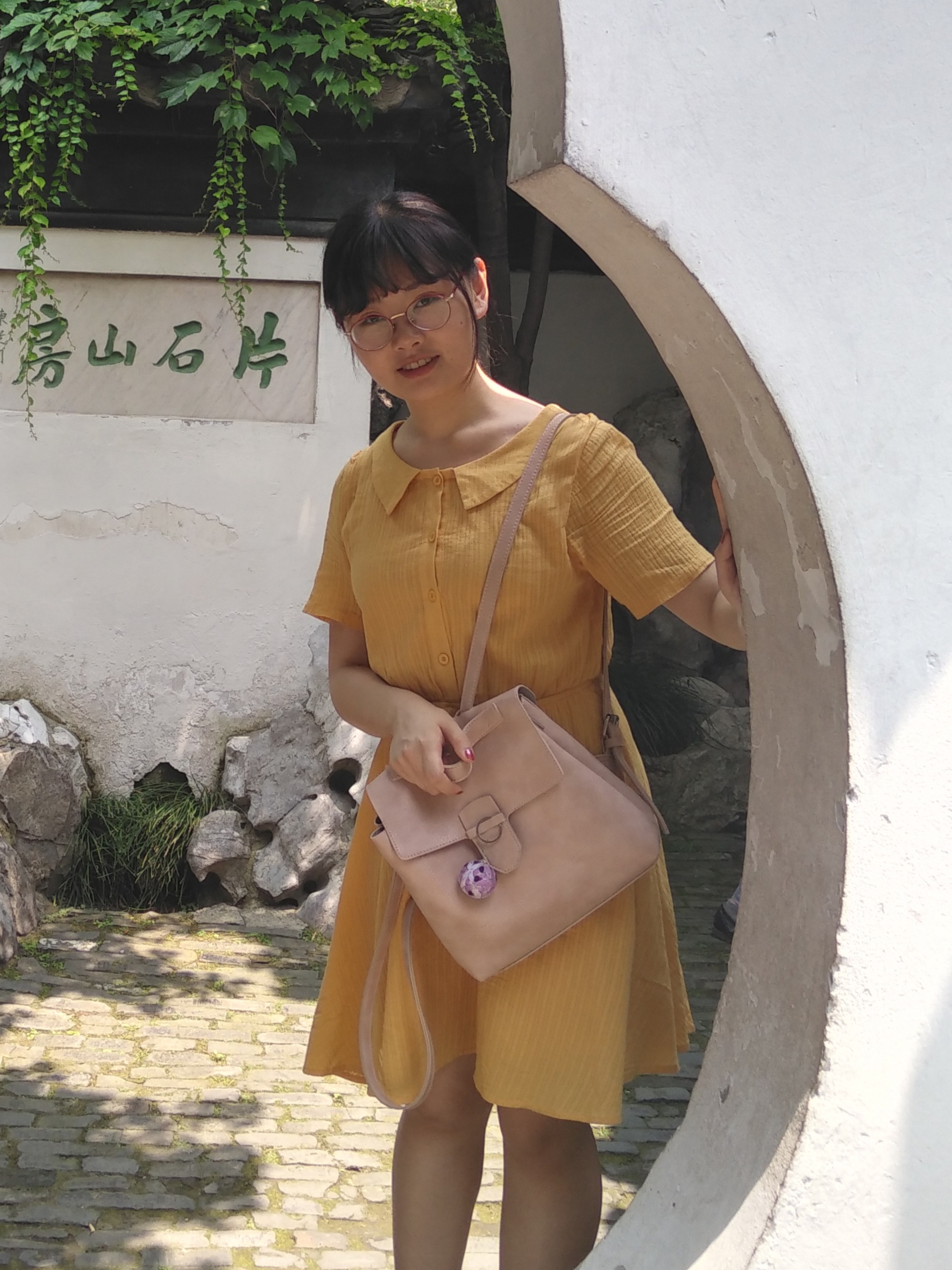 Ruiyang HuangHer major is Environmental Science in Nankai University.The orientation of Her scientific research is to study the mechanism of mutiple antibiotic resistance.
Ruiyang HuangHer major is Environmental Science in Nankai University.The orientation of Her scientific research is to study the mechanism of mutiple antibiotic resistance. -
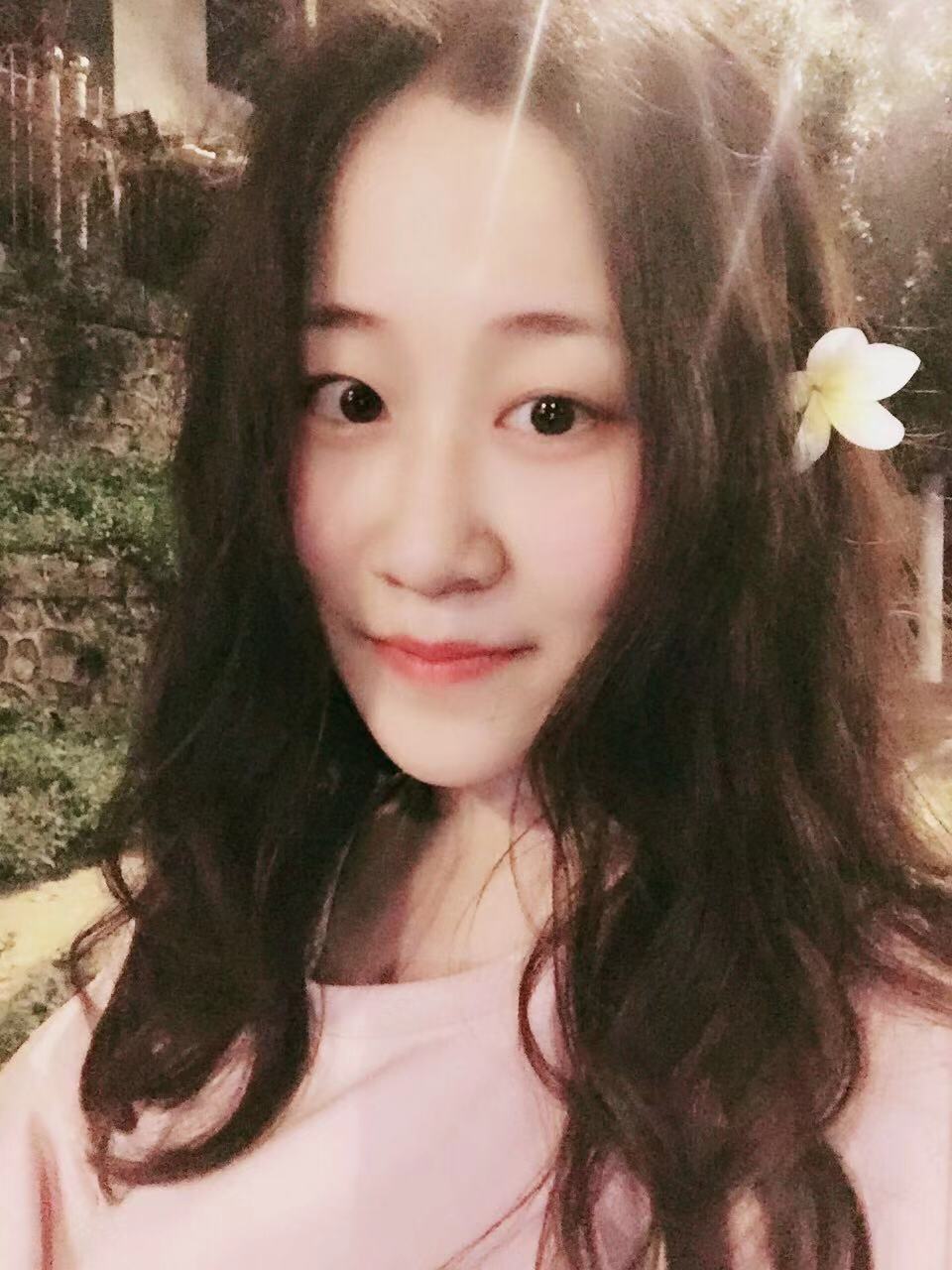 Lin ZhaoEmail: zhaolin1205@163.comShe got her bachelor degree in Liaoning university in July 2018,and joined prof. Luo’ group in September. The orientation of her scientific research is to study the relationship between prescription and deseases and intestinal microbiota.
Lin ZhaoEmail: zhaolin1205@163.comShe got her bachelor degree in Liaoning university in July 2018,and joined prof. Luo’ group in September. The orientation of her scientific research is to study the relationship between prescription and deseases and intestinal microbiota.
-
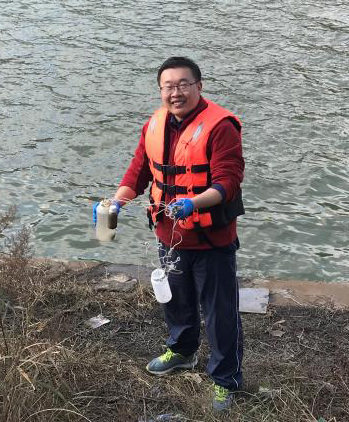 Lin XuLin Xu graduated from Nankai University in 2010, getting a master’s degree. During studying in Nankai, he systematically investigated the release, migration and transformation of antibiotics (sulfonamides, quinolones, macrolides and tetracyclines) in Haihe River, Tianjin. Now, he is assistant professor in State Key Laboratory of Environmental Chemistry and Ecotoxicology, Research Center for Eco-Environmental Sciences, Chinese Academy of Sciences.
Lin XuLin Xu graduated from Nankai University in 2010, getting a master’s degree. During studying in Nankai, he systematically investigated the release, migration and transformation of antibiotics (sulfonamides, quinolones, macrolides and tetracyclines) in Haihe River, Tianjin. Now, he is assistant professor in State Key Laboratory of Environmental Chemistry and Ecotoxicology, Research Center for Eco-Environmental Sciences, Chinese Academy of Sciences. -
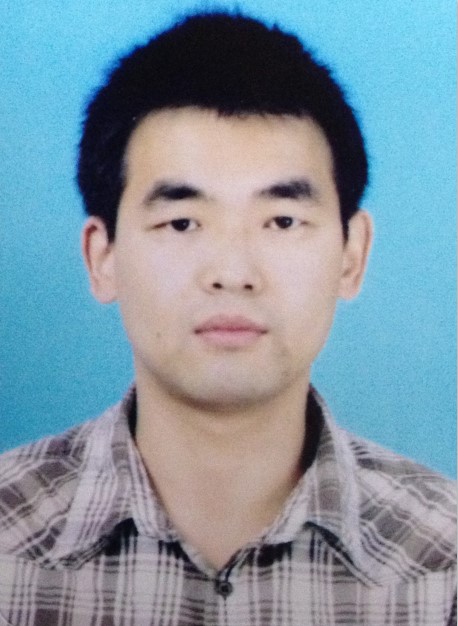 Qing WangEmail: wangqing@hebeu.edu.cnThe promotion and mechanisms of ionic liquids on horizontal transfer of antibiotic resistance genes. The study illustrated that an ionic liquid [BMIm][PF6] increased ARGs propagation mediated by plasmid RP4 in the water environment. Further investigate the molecular mechanisms of an ionic liquid [BMIm][PF6] facilitate the conjugative transfer of antibiotic resistance genes. with regard to cell membrane permeability, the mRNA expression levels of conjugative transfer genes, and the expression of OMPs in the recipient and pilin in the donor. Now, he is a associate professor at College of energy and environmental engineering, Hebei University of Engineering.
Qing WangEmail: wangqing@hebeu.edu.cnThe promotion and mechanisms of ionic liquids on horizontal transfer of antibiotic resistance genes. The study illustrated that an ionic liquid [BMIm][PF6] increased ARGs propagation mediated by plasmid RP4 in the water environment. Further investigate the molecular mechanisms of an ionic liquid [BMIm][PF6] facilitate the conjugative transfer of antibiotic resistance genes. with regard to cell membrane permeability, the mRNA expression levels of conjugative transfer genes, and the expression of OMPs in the recipient and pilin in the donor. Now, he is a associate professor at College of energy and environmental engineering, Hebei University of Engineering. -
 Quanhua MuDuring his study in Nankai University, he focused on the dissemination mechanisms of antibiotic resistance genes in both natural and engineered environments. Now, he works as a bioinformatics engineer at QuantiHealth Co. Ltd., a biotech start-up in the personalized human microbiome industry.
Quanhua MuDuring his study in Nankai University, he focused on the dissemination mechanisms of antibiotic resistance genes in both natural and engineered environments. Now, he works as a bioinformatics engineer at QuantiHealth Co. Ltd., a biotech start-up in the personalized human microbiome industry. -
 Yan XuEmail: xuyan@apei.org.cnDr. Xu graduated from Nankai University in 2017, majoring in ecology. Dr. Xu was mainly engaged in studying the effects on the fate and distribution of antibiotic resistance genes and its molecular mechanism in the heavy metal polluted catchment, and further researched the contribution of bacterial community structures to the distribution of antibiotic resistance genes in the natural rivers.. Now, she is working in Agro-Environmental Protection Institute, Ministry of Agriculture, as a research Assistant. And she studies on the migration and restoration of antibiotic resistant bacteria and antibiotic resistance genes in farmland system. Her research interests include bacterial antibiotic resistance, fitness cost, gene mutation, co-selection resistance, plasmid ecology, migration and transformation of POPs.
Yan XuEmail: xuyan@apei.org.cnDr. Xu graduated from Nankai University in 2017, majoring in ecology. Dr. Xu was mainly engaged in studying the effects on the fate and distribution of antibiotic resistance genes and its molecular mechanism in the heavy metal polluted catchment, and further researched the contribution of bacterial community structures to the distribution of antibiotic resistance genes in the natural rivers.. Now, she is working in Agro-Environmental Protection Institute, Ministry of Agriculture, as a research Assistant. And she studies on the migration and restoration of antibiotic resistant bacteria and antibiotic resistance genes in farmland system. Her research interests include bacterial antibiotic resistance, fitness cost, gene mutation, co-selection resistance, plasmid ecology, migration and transformation of POPs. -
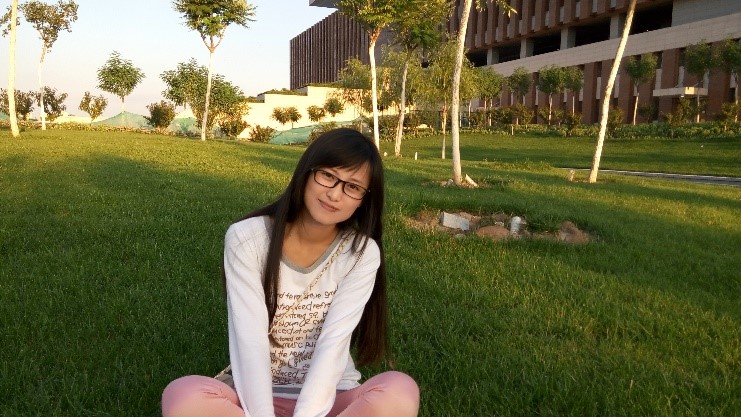 Fengxia YangEmail: yangfengxiacomeon@163.comDr. Yang graduated from Nankai University in 2017, majoring in ecology. Dr. Yang Feng-xia was responsible for establishing reliable method to quantitative characterization and exploration of antibiotic resistance genes in the environmental samples, and study on fate and proliferation of antibiotic resistance genes in municipal wastewater treatment plant and its receiving river, as well as the influence of WWTP effluent on the downstream ecological environment and the transmission mechanism of antibiotic resistance genes in the environment. Now, she is working in Agro-Environmental Protection Institute, Ministry of Agriculture, as a post-doctor. And she mainly engaged in the migration and transformation of emerging pollutants in the live, worth mentioning is the source, fate and proliferation of antibiotics and antibiotic resistance genes in the livestock breeding environment.
Fengxia YangEmail: yangfengxiacomeon@163.comDr. Yang graduated from Nankai University in 2017, majoring in ecology. Dr. Yang Feng-xia was responsible for establishing reliable method to quantitative characterization and exploration of antibiotic resistance genes in the environmental samples, and study on fate and proliferation of antibiotic resistance genes in municipal wastewater treatment plant and its receiving river, as well as the influence of WWTP effluent on the downstream ecological environment and the transmission mechanism of antibiotic resistance genes in the environment. Now, she is working in Agro-Environmental Protection Institute, Ministry of Agriculture, as a post-doctor. And she mainly engaged in the migration and transformation of emerging pollutants in the live, worth mentioning is the source, fate and proliferation of antibiotics and antibiotic resistance genes in the livestock breeding environment. -
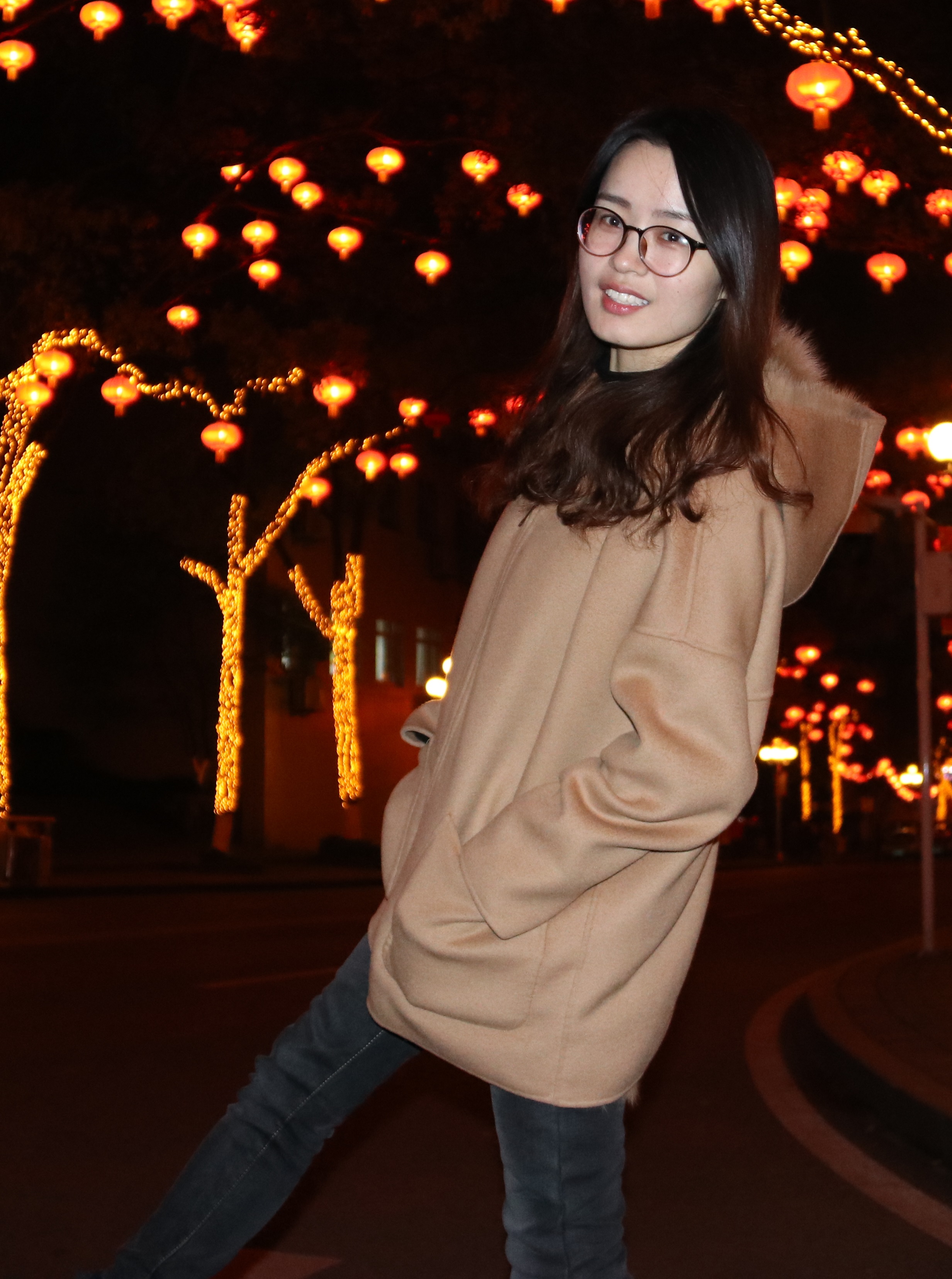 Chong WangEmail: Wangc0928@126.comHer study investigated the presence and partitioning of typical antibiotics during various processing stages at pharmaceutical wastewater treatment plants. The removal efficiency of the antibiotics by the wastewater treatment plants were evaluated. The removal mechanism and mass balance of typical antibiotics were systematically analysed.
Chong WangEmail: Wangc0928@126.comHer study investigated the presence and partitioning of typical antibiotics during various processing stages at pharmaceutical wastewater treatment plants. The removal efficiency of the antibiotics by the wastewater treatment plants were evaluated. The removal mechanism and mass balance of typical antibiotics were systematically analysed. -
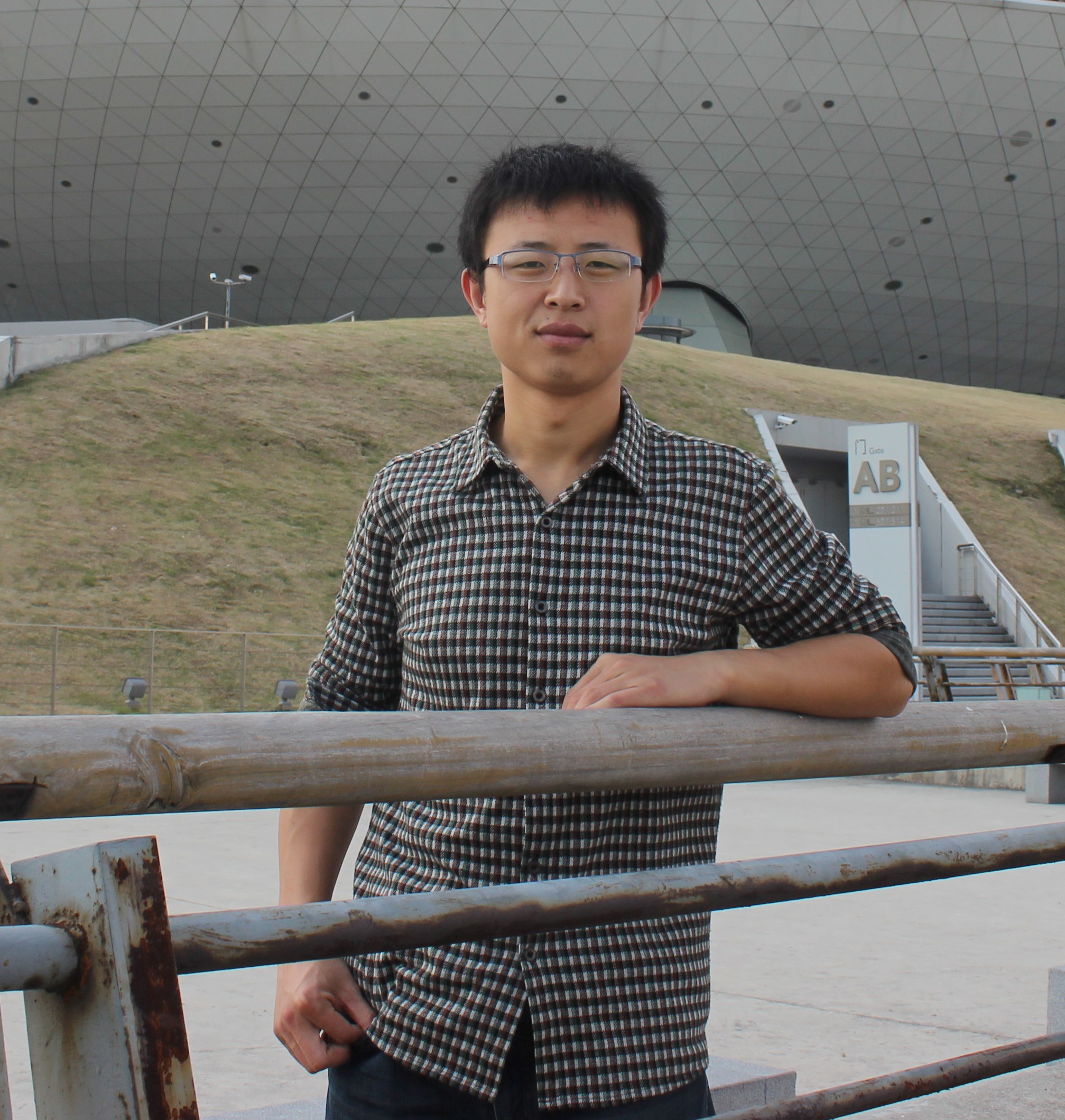 Jilu WangHe focused on DNA extraction of microbes in soils, & fate and proliferation of antibiotic resistance genes in pharmaceutical wastewater treatment plants.
Jilu WangHe focused on DNA extraction of microbes in soils, & fate and proliferation of antibiotic resistance genes in pharmaceutical wastewater treatment plants. -
 Shaopeng WangEmail: 2474706870@qq.comHer major in Environmental Science in Nankai University. Her scientific research focuses on the residues and pollution characteristics of typical antibiotics in humans by Ultra High Performance Liquid Chromatography–Tandem Mass Spectrometry(UPLC/MS-MS).
Shaopeng WangEmail: 2474706870@qq.comHer major in Environmental Science in Nankai University. Her scientific research focuses on the residues and pollution characteristics of typical antibiotics in humans by Ultra High Performance Liquid Chromatography–Tandem Mass Spectrometry(UPLC/MS-MS). -
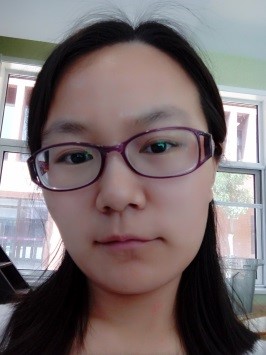 Zhirong RenEmail: rongrong@mail.nankai.edu.cnHer major is Environmental Science in Nankai University and her scientific research topic is the effect of ionic liquids on the horizontal transfer of antibiotic resistance genes mediated by plasmid RK2.
Zhirong RenEmail: rongrong@mail.nankai.edu.cnHer major is Environmental Science in Nankai University and her scientific research topic is the effect of ionic liquids on the horizontal transfer of antibiotic resistance genes mediated by plasmid RK2. -
 Qing LvEmail: 546477763@qq.comHer major is environmental engineering in Nankai University. She focused on the effects of conjugational transfer of super bacteria in the pressure of heavy mental.
Qing LvEmail: 546477763@qq.comHer major is environmental engineering in Nankai University. She focused on the effects of conjugational transfer of super bacteria in the pressure of heavy mental. -
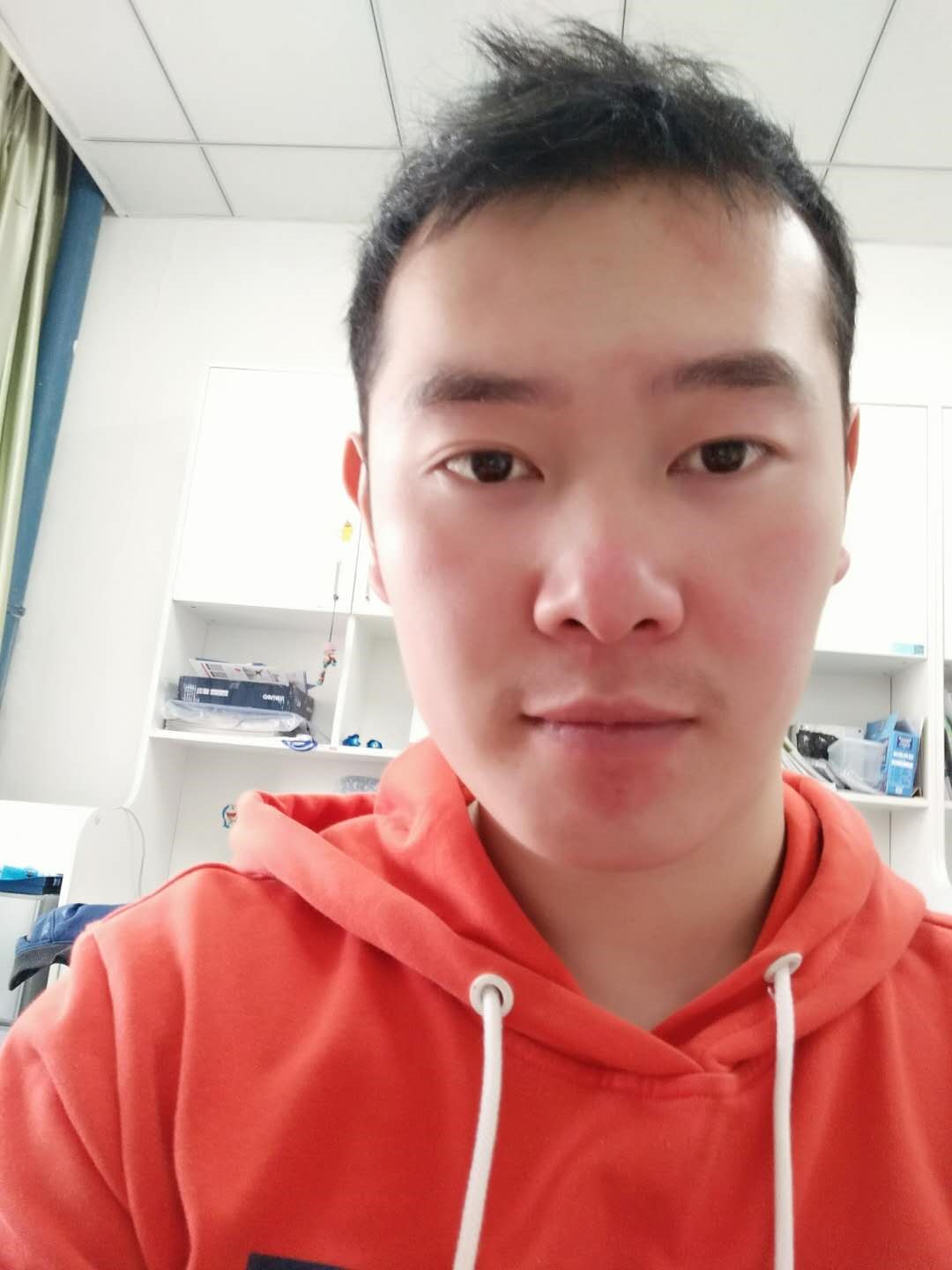 Peng LiEmail: 2016214139@tju.edu.cnHis major is environmental engineering in Tianjin University. He focused on the types and distribution of antibiotic resistance genes on aircraft.
Peng LiEmail: 2016214139@tju.edu.cnHis major is environmental engineering in Tianjin University. He focused on the types and distribution of antibiotic resistance genes on aircraft.
